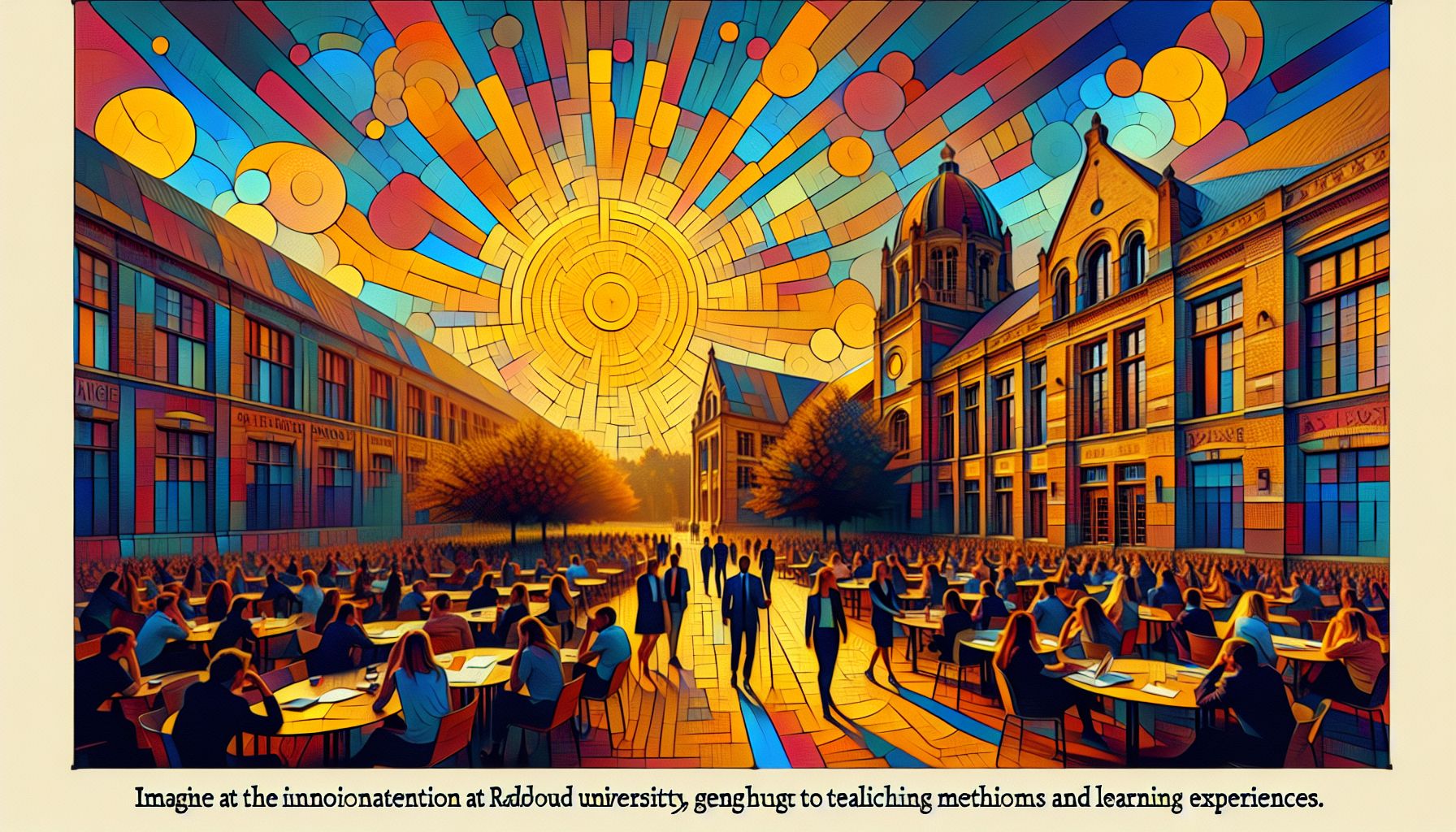Radboud University Pioneers AI in Education

Nijmegen, Friday, 26 July 2024.
Radboud University is developing generative AI to transform teaching methods and learning experiences. This innovative approach aims to benefit the academic community in the Netherlands, potentially revolutionizing education.
Enhancing Learning Experiences
The implementation of generative AI in education at Radboud University is a significant step forward. This technology can create personalized learning experiences, tailoring content to meet the unique needs of each student. By analyzing individual learning patterns and preferences, generative AI can suggest customized study plans, resources, and even predict potential learning obstacles. This leads to a more engaging and efficient learning process, ensuring that students receive the support they need to succeed.
How It Works
Generative AI works by using algorithms to analyze vast amounts of data, identifying patterns and trends that can be used to generate new content. In the context of education, this means that the AI can create personalized educational materials, such as quizzes, assignments, and study guides, based on the specific needs and progress of each student. This technology also allows for real-time feedback and adjustments, helping educators to promptly address any learning gaps or challenges students may face.
Key Figures and Institutions
The development of this generative AI technology is spearheaded by Radboud University, located in Nijmegen, Netherlands. The university is renowned for its research in various scientific fields, including artificial intelligence. Under the leadership of prominent researchers and educators, Radboud University is setting a benchmark in integrating advanced AI tools into the educational framework, thereby enhancing the overall learning experience for students.
Global Implications
The success of Radboud University’s initiative could have far-reaching implications beyond the borders of the Netherlands. If proven effective, this model could be adopted by educational institutions worldwide, leading to a global transformation in how education is delivered and received. By leveraging generative AI, educators can provide more personalized, efficient, and adaptive learning experiences, which could significantly improve educational outcomes on a global scale.

